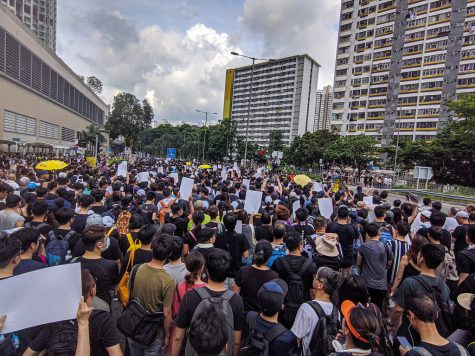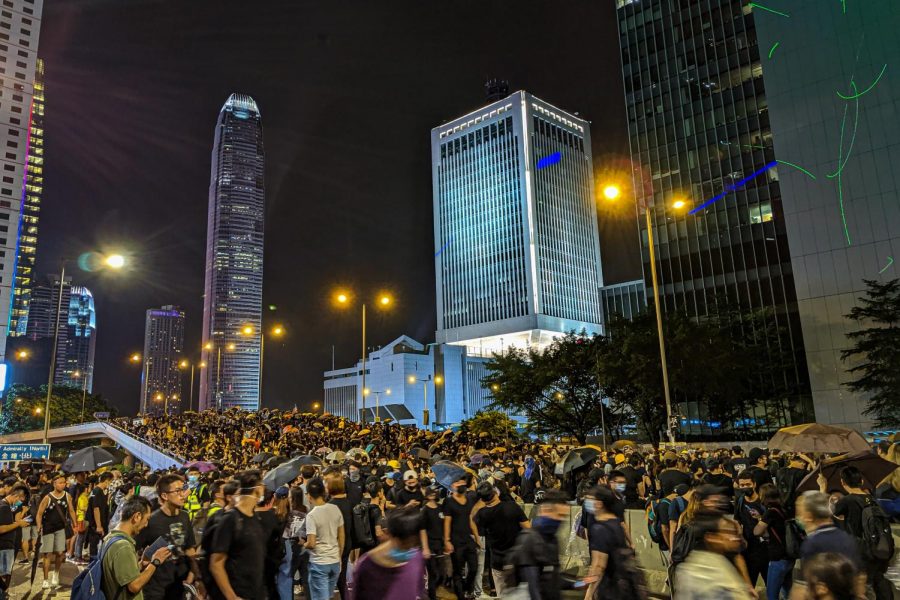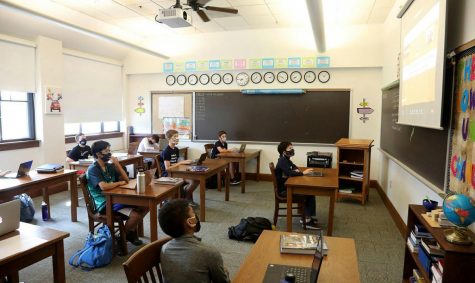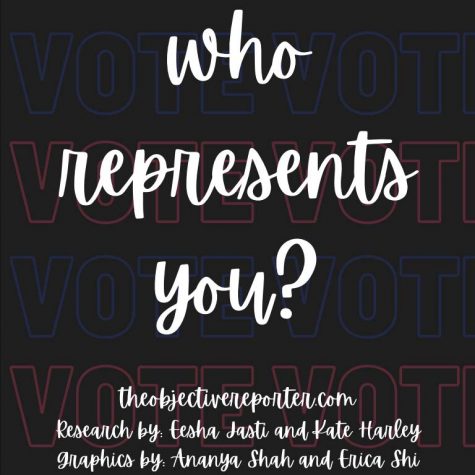World News Column: Hong Kong
August 16, 2019
Protests have raged in Hong Kong for nearly five months in response to a controversial extradition bill that has highlighted the tensions between the territory and mainland China for over two decades. The bill, which allows Hongkongers to be sent to stand trial in China for crimes committed against the government in Beijing, has been criticized as violating the “one country, two systems” mantra that has allowed Hong Kong to remain partially separate from the more repressive mainland since 1997. But many citizens see China as infringing on the autonomy of Hong Kong thirty years too early. Hong Kong is much less repressive than the rest of China. It is the only place in China where footage of the 1989 Tiananmen Square Massacre is available and uncensored by the government, and there are fears that this would allow the government to censor free speech by hauling the defendants to the communist and corrupt Chinese courts.
Hong Kong was taken as a British colonial possession following the Second Opium War of 1842 and was officially leased to the British crown by the Chinese in 1898. The lease of 99 years expired in 1997 and the British returned the territory back to China with a new agreement that became known as the “one country, two systems” deal. The plan stated that Hong Kong would be a communist-led country while retaining its capitalist system and partial autonomy and democracy. The plan is active until 2047, and currently, Hong Kong citizens are allowed to elect half of the legislature, but the Chief Executive (the highest office) must be approved by Beijing and is chosen by a committee. That’s what sparked the protests: fear of change.

However, uprisings are nothing new on the island, as they erupted for similar reasons in 2003, 2006, and 2014. This year, experts are concerned about the future of the “one country, two systems” plan.
Current Events club leader Isa Rosario-Blake (’21) commented on the long-term stability of the region: “While we still have decades to go before Hong Kong becomes part of China, there have been reports that they are still trying to exert their influence over time; this extradition bill is an example of that,” Rosario-Blake said. She went on to add that she hopes the bill will be withdrawn and the Hong Kong government will consider the widespread allegations of police brutality.
The demands of the protestors have shifted over the past couple of months from the single goal of permanent removal of the extradition bill to five unique goals. The goals still include the death of the bill but also include hope to remove the “riot” characteristic that the government has used to portray the protests, the unconditional release of all arrests in the protests without charges, an independent investigation into the police brutality allegations, the resignation of Chief Executive Carrie Lam, and full voting rights granted to the Hongkongers. So far, Lam has only met their original demand, with the Chief Executive suspending the bill on June 15 and later characterizing it as “dead” on July 9. She has not said if the bill would be formally withdrawn, however, leading to fears from protestors that the bill would simply be pushed through later. Protests continue to rage on the small island and with the two sides still far apart, it is hard to see a resolution coming soon.








